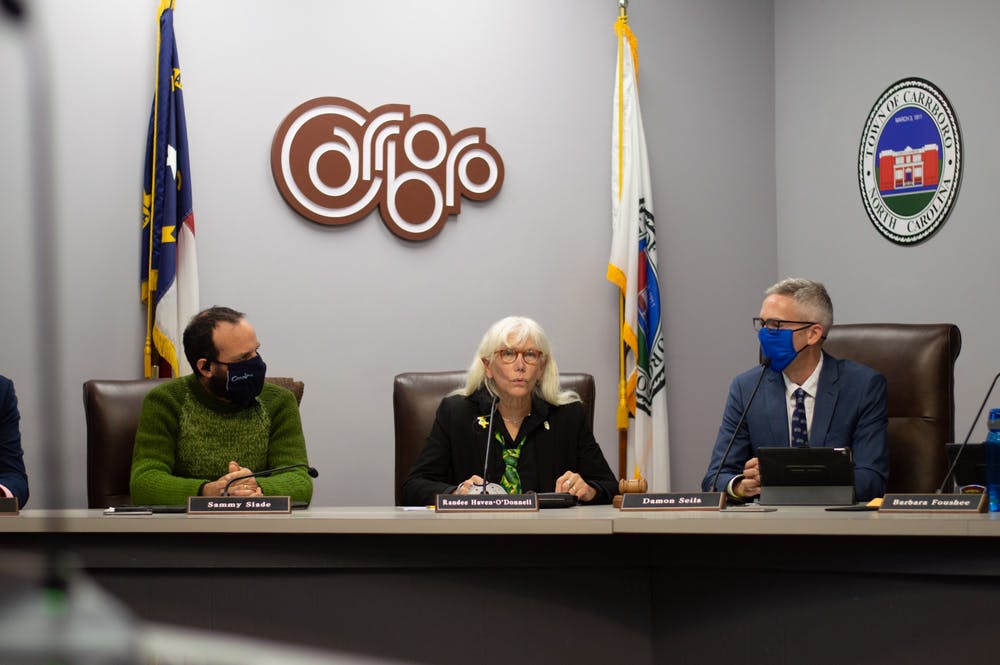Town Council meetings can be confusing. Here’s a brief guide:
While Chapel Hill and Carrboro are separate municipalities with separate municipal governments, their council meetings follow the same general format. The Carrboro Town Council meets on Tuesday evenings, and you can find their meeting schedule here. The Chapel Hill Town Council meets on Wednesday evenings, and you can find their meeting schedule here.
Call to Order and Roll Call: The Mayor calls the meeting to order, signifying the formal start to the meeting. Then the Mayor takes attendance to officially record which Council Members are present and which are not. Finally, the Mayor asks if any there are any necessary changes to the pre-published agenda.
Announcements: The Mayor and Council Members have the opportunity to make announcements. These may be announcements about advisory board vacancies, UNC athletic victories, birthdays, or anything else. If there are any proclamations (e.g. declaring a certain day a local holiday), these may be read during this section.
Public Comment: At this point, members of the public may request to speak about any matters not listed on the agenda.
Consent Agenda: The Consent Agenda is a “block” of agenda items that can all be voted on at once. The items on the consent agenda are meant to be non-controversial matters that don’t require discussion. Examples from a past Chapel Hill Town Council meeting include authorizing the Town Manager to sell a surplus streetsweeper, authorizing the Town Manager to negotiate a construction contract for a new roof to the downtown Post Office/Courthouse building, and adopting a resolution relating to the Governor’s Highway Safety Program. If there is an item on the Consent Agenda that a Council Member wishes to discuss further, they may ask to have it removed from the Consent Agenda.
Information: During this section, the Mayor and Council receives information from town staff in the form of a presentation. This may include an update on an ongoing project, information about the town budget, or a report on a town department, such as Parks and Recreation or the Police Department.
Discussion: The Discussion portion of the meeting contains all the matters that require discussion (and therefore not part of the Consent Agenda). The most common type of item on this part of the agenda is discussion related to a proposed development project. Each item on this part of the agenda is discussed in a particular way. First, the Mayor and Council is presented with some information, either by town staff or a developer or both. Then, they have the opportunity to ask clarifying questions about the information they just received. Then, if any members of the public wish to comment on the matter, they are invited to do so. Then, the Mayor facilitates a discussion in which the Mayor and Council may share their opinion on the matter. After everyone has had the opportunity to speak, the Mayor calls a vote, which is taken by roll call.
Appointments: The Mayor and Council make any necessary appointments to advisory boards.
Closed Session: Everything up to this point is referred to as being in “Open Session.” This means that the meeting is accessible to the public in real time and recorded. At times, the Council may need to enter Closed Session to discuss confidential matters (such as litigation or business transactions) or matters relating to personnel. If necessary, this would occur at the end of the meeting, and the meeting would now be closed to the public.
For a real-life example, here’s an agenda from a past Chapel Hill Town Council meeting: June 15, 2022.

